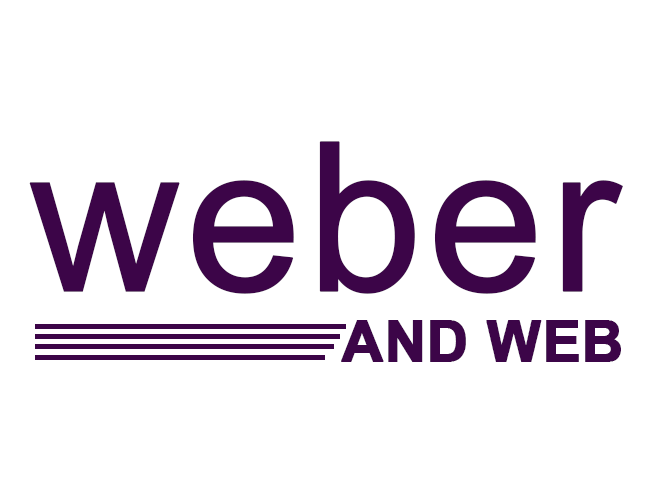Strength in experience doesn’t happen overnight—it’s built through repeated success in challenging environments. Across regions and mission-critical settings, a global construction firm that consistently delivers shows up ready and stays ahead. For organizations seeking proven expertise in global construction and government construction, this kind of performance makes the difference.
Embracing Global-project Agility with a Seasoned Construction Workforce
Working on projects across continents demands a workforce comfortable with cultural diversity, varying supply chains and regional construction practices. A seasoned team in a global construction setting brings this agility—they shift seamlessly from a U.S. base to a remote overseas site without compromising quality or timing.
This adaptability proves vital when a multinational facility must be built under tight deadlines. The workforce draws on prior experience in terrain, infrastructure access, and local procurement channels, enabling an international construction company to mobilize faster and more efficiently.
Maintaining Unwavering Compliance in Government-build Environments
Complying with federal, state and international regulations is non-negotiable in government construction. A firm that demonstrates consistent adherence to standards such as FAR, DFARS and local export controls establishes credibility from the start.
Beyond paperwork, this compliance covers onsite practices—security clearances, quality audits, traceability of materials, and audit-ready documentation. Clients engaging a qualified international construction company know that regulatory alignment is embedded, not tacked on.
Applying Rigorous Quality-assurance Protocols Across Diverse International Sites
Quality-assurance (QA) in global construction means more than meeting a blueprint—it demands consistency across regions, languages and subcontractor teams. Firms that instill standardized QA workflows ensure every site, from Europe to the Middle East, adheres to the same performance threshold. By deploying QA field teams, third-party inspections, and digital tracking systems, an international construction company reduces variability and risk. This means the delivered building supports mission needs rather than retrofits or reworks being required later.
Harnessing Robust Logistical Frameworks to Support Remote Infrastructure Programs
Remote infrastructure programs stretch supply chains, mobilization scheduling, and site services far beyond typical construction zones. A global construction provider plots logistics from material shipping to local labor mobilisation, and maintains oversight across horizons.
When equipment, shipments and workforce must converge in remote locations, strong logistical infrastructure ensures timelines hold and costs stay within budget. This proficiency sets an international construction company apart in complex builds.
Cultivating Veteran-led Teams Seasoned in Defense-sector Construction
Projects in defense and government-construction spheres demand teams that understand mission readiness, secure systems, and military environment dynamics. Veteran-led management teams bridge civilian construction practices and defense-specific operational tempo.
Their prior exposure to base infrastructure, aviation hangars, secure campuses and military protocols enables smoother interface with stakeholders. This alignment accelerates decision-making and fosters trust between the contractor and government client.
Leveraging Integrated Sustainment and Build-out Strategy from Start to Finish
Major construction contracts increasingly demand not just “build and leave” but also sustainment and lifecycle support. A firm that integrates build-out strategy—from initial construction through hand-over to long-term operations—avoids the common trap of piecemeal upgrades later.
By planning for maintenance, upgrades, part replacements and future expansions upfront, an international construction company ensures the facility remains mission-capable across its lifespan. This holistic view reduces overall cost of ownership for clients.
Navigating Complex Regulatory Landscapes for Multinational Facility Delivery
Delivering facilities across multiple countries or under export-controlled frameworks involves navigating permits, customs, secure material handling, export licenses and cross-border labor regulations. An experienced global construction provider establishes processes to handle these hurdles proactively.
Coordination of multiple regulatory layers—local building codes, federal contracting requirements, ITAR compliance, environmental standards—becomes part of the workflow. Clients relying on an international construction company know the firm retains the regulatory confidence to deliver in tightly controlled environments.
Embedding Lifecycle-management Mindset into Every Large-scale Build
A lifecycle-management mindset means every build is designed not just for day one, but for years of operation, maintenance, refurbishment, and eventual upgrade. Construction teams applying this mindset factor materials durability, easy access for servicing, and design adaptability into the first phases.
This long-term outlook transforms projects from “build now” to “operate efficiently” over decades. For organizations engaging a government construction firm, this means fewer disruptions, lower total costs, and facilities that evolve with mission requirements.
For organizations in need of a robust, compliant and globally capable partner in government construction and global construction projects, Navigator International brings these core qualities into every effort.



